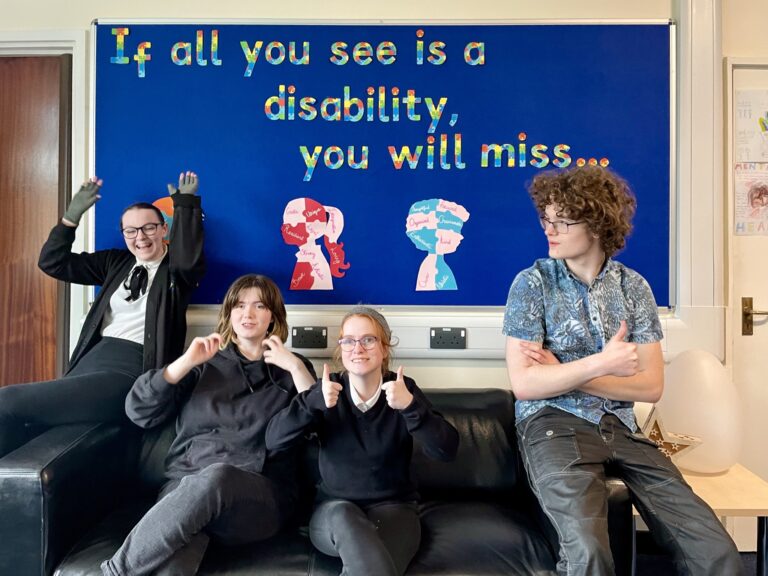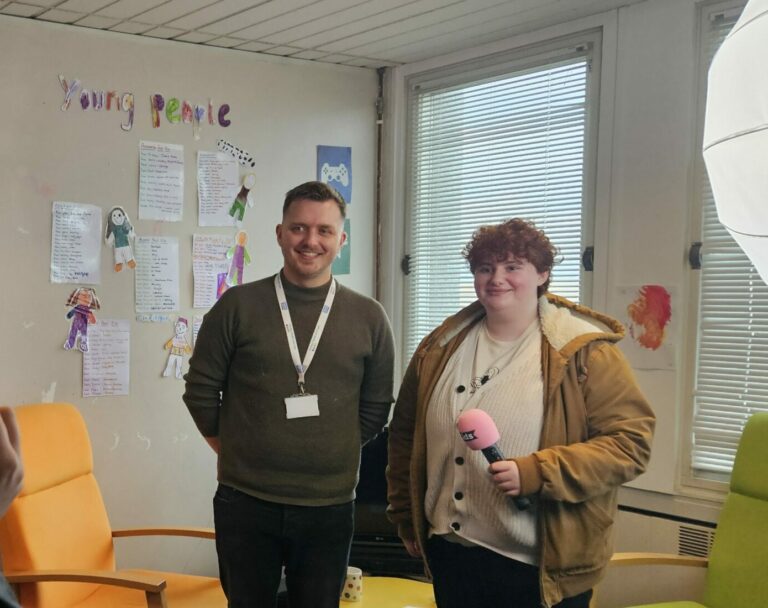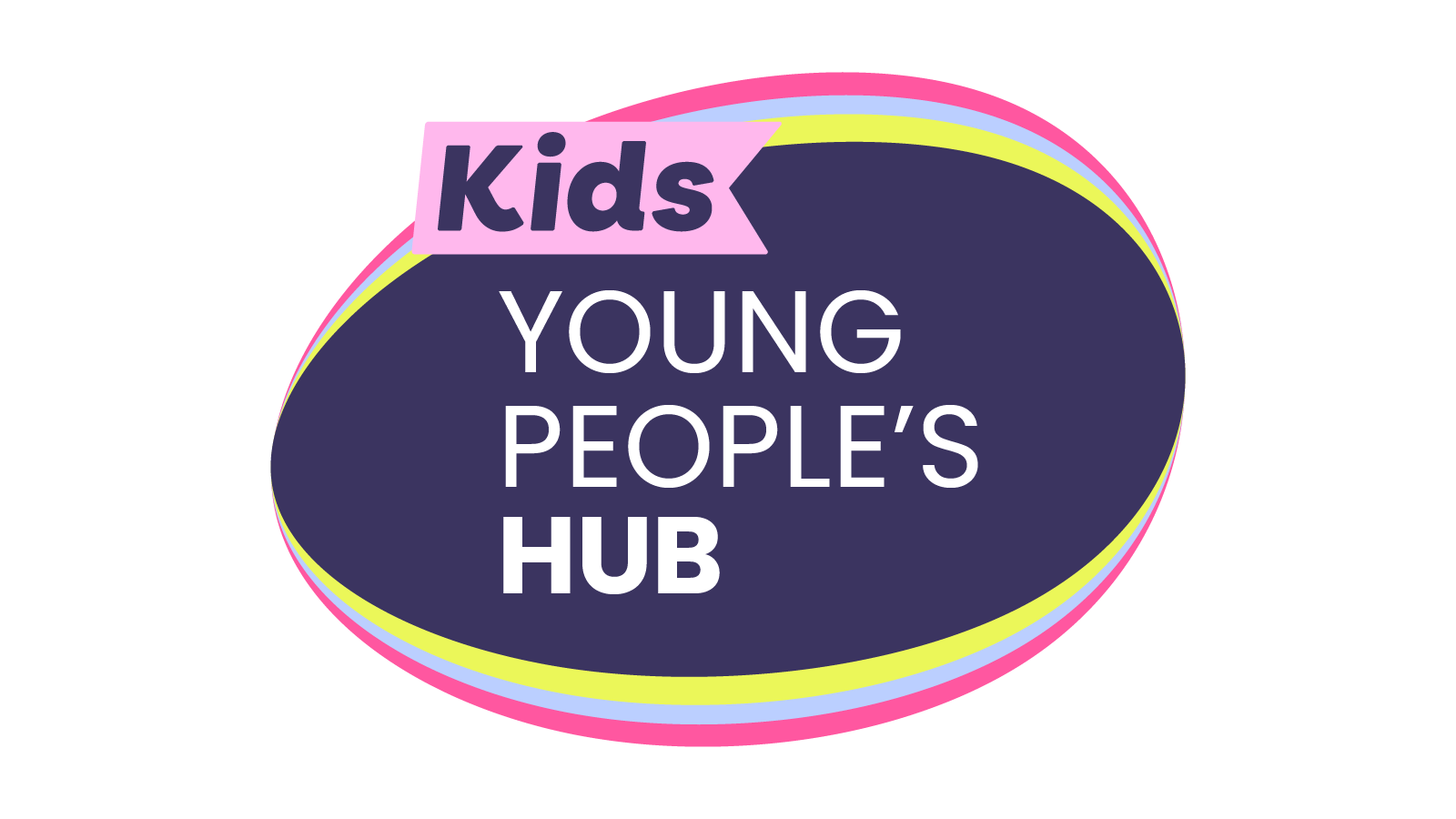Sleep Tips for Young People
Let’s be real, sleep can be a bit of a mission sometimes. Especially when you’re a young person with SEND. Whether your brain is too loud, your body is too restless, or you just can’t seem to switch off, you’re not alone.
This guide isn’t about telling you to “just go to bed earlier.” It’s about sharing some tips that actually work, from other young people who get it.
Why Sleep Matters (But Doesn't Have to Be Perfect)
Think of sleep like charging your phone. It’s when your brain and body get a chance to refuel. A good night’s rest can seriously help with your energy levels, boost your mood, and sharpen your focus for the next day. It’s like pressing the reset button.
But here’s the most important thing: everyone’s sleep looks different, and that’s okay.
Some nights you’ll get eight hours, some nights you’ll get five, and that’s not a failure. Don’t compare your sleep to what you see on social media or what others say they get.
The goal isn’t to be a perfect sleeper; it’s to find what works for you.
Tips That Help Us Sleep Better
These are some of the go-to strategies that young people with SEND have found useful….
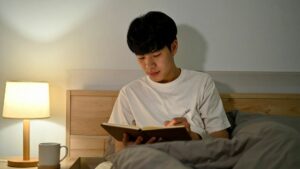
The Wind-Down Ritual
- Stop the screen glow: The blue light from your phone or laptop can mess with your brain’s “sleepy” hormone, melatonin. Try to put your screens away at least an hour before bed. And use a blue-light filter on your devices when it starts getting dark outside. You can download one from the Google Play/Apple store, and they place a soft orange light filter over your screen.
- Audio over video: Instead of scrolling, listen to something! A chill playlist, a podcast, or a story can help your mind settle without the screen.
- Journal your thoughts: If your brain is racing, grab a notepad and write everything down. Get it all out – your worries, your to-do list, your ideas. It’s like taking the thoughts out of your head and putting them on the page.
The Right Space
- Make your bed a safe space: A bed should be for sleeping and relaxing, not for doing homework or stressing out.
- Light and Sound: Use blackout curtains to block out streetlights and a white noise app or a fan to drown out distracting sounds.
- Sensory support: A weighted blanket can feel like a hug and can be super calming. Make sure you properly read the intructions and guides for any weighted comfort aid, and talk to your GP or health practitioner before starting to use one, as they are not always suitable for everyone. Only use a weighted blanket to help you relax – never sleep with one over you
- Soft, comfy bedding can also make a huge difference. You might prefer breathable cosy cotton sheets or a snuggly fleece – find what works for you.
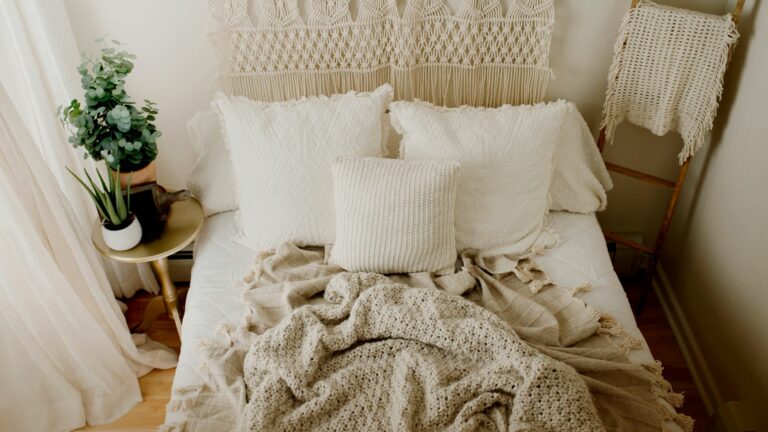

What to Do When You Can't Sleep
- Don’t just lie there getting frustrated. If you’ve been in bed for 20 minutes and can’t sleep, get up! Or put the light on and read for a little bit, maybe journal, or do some art or colouring. There’s no point in getting angry with yourself as that won’t help.
- Do something calm and boring in a different room. Make a warm drink, like a warm milk or decaf tea. Go to a comfy chair and read a book with a dim light, you could do some simple stretches, or listen to quiet music.
- Go back to bed when you feel genuinely sleepy.
Final Thoughts...
Remember, finding your own sleep routine is a journey, not a destination. Be patient with yourself, celebrate the good nights, and know that you’re not alone in the struggle. You’ve got this.
Other stories you might like

